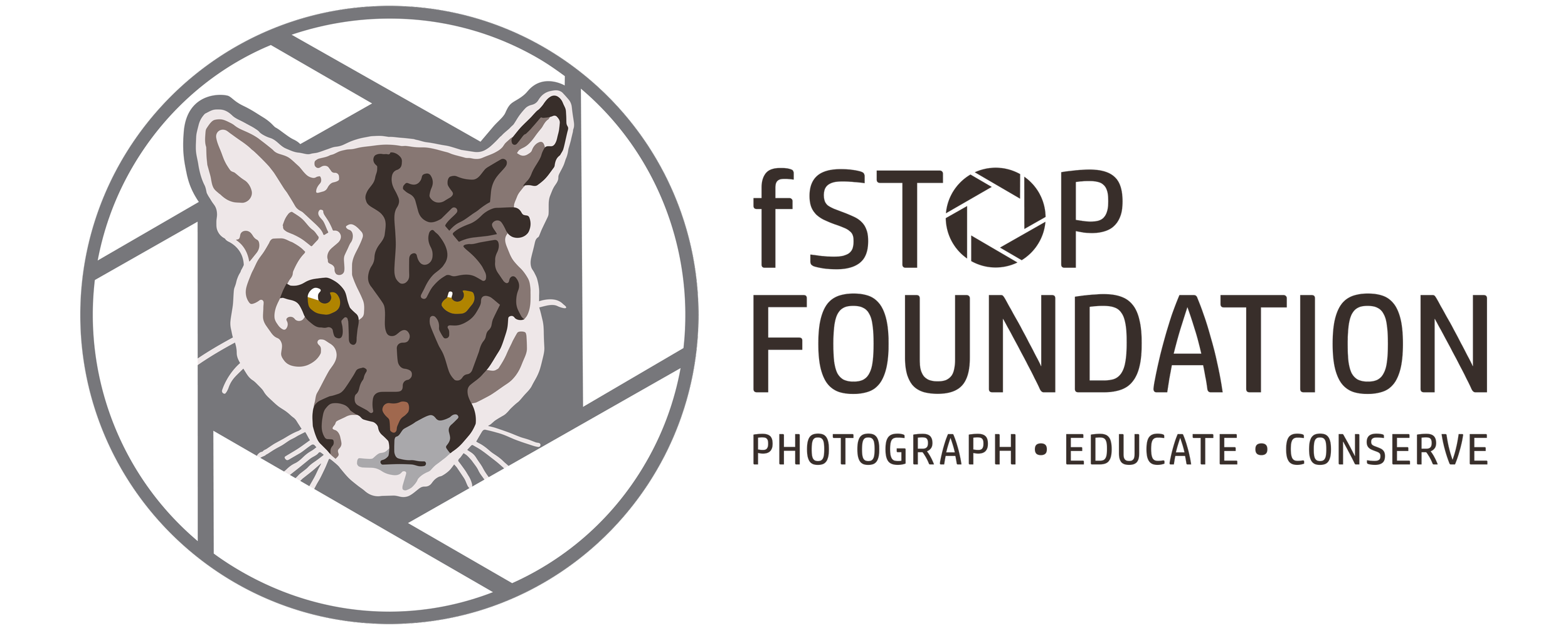BLACK RHINO CONSERVATION SUPPORT
Read below of how two NGOs, fStop Foundation & Wild Tomorrow Fund, came together to support the conservation of black rhinos through the donation of 10 camera traps to Ezemvelo KZN Wildlife’s Black Rhino Monitor, Kelsey Leeming.
A black rhino, differentiated from the white rhino by the pointed shape of its lips. Photograph by Martin Harvey/WildscreenExchange
Protecting endangered and threatened species is at the core of Wild Tomorrow Fund’s mission. Our partners, fStop Foundation, aim to create a positive effect in conservation by creating awareness through photography. Both NGOs have a great commitment to protecting and conserving the natural world and its inhabitants, especially those species that’s survival is threatened – such as the black rhino.
According to the Rhino Resource Center, black rhino (Diceros bicornis) are critically endangered with under 4000 individuals left in the wild of Southern and Eastern Africa. This species of rhino has seen the most extreme decrease in numbers of all rhino species – with their biggest pressures being poaching and habitat loss. When Ezemvelo KZN Wildlife’s Black Rhino Monitor, Kelsey Leeming, reached out in need of camera traps to help monitor close to 100,000 hectares (almost 250,000 acres!) of wild land – fStop Foundation & Wild Tomorrow Fund were happy to lend a helping hand!
Ezemvelo KZN Wildlife is a governmental organisation responsible for maintaining wildlife conservation areas and biodiversity in the KwaZulu-Natal Province of South Africa. Kelsey, one of Ezemvelo KZN Wildlife’s Black Rhino Monitors, works on one of their largest reserves (with one armed field ranger) to get visuals and identify individual animals through specific notching on their ears.
Generally, Kelsey is out tracking on her feet for ~8 hours a day, but some days she can be out for anywhere between 10-13 hours and cover up to 26 kilometers in ground! It is physically tough work due to rough terrain, rivers, thick bush, and not to mention, dangerous animals. Some days, she may find and identify multiple rhinos – other times, she goes up to a week not seeing a single black rhino (or finding one, but unable to identify the animal by its notches before it runs away).
Kelsey on the look out for black rhinos.
Kelsey’s monitoring of the black rhinos contributes to the population estimates and health of the black rhino species as a whole. Her goal is to get visuals of all individuals in any given year. If they have not been seen for more than a year, they are targeted in order to check their health and welfare. Black rhinos, having exceptional hearing, a great sense of smell, and a preference for browsing in thick and dense bush, do not make this an easy job and are often very hard to find. This is where the camera traps come in!
A black rhino caught on one of the donated camera traps. You can see the distinct “notching” on its ear which Kelsey uses for identification.
To help better monitor black rhino, the fStop Foundation graciously donated 10 Browning Spec Ops Edge Camera Traps - each fitted with security cases, python locks, SD cards, rechargeable batteries, and rechargeable battery bays. These items were brought over from the states and hand delivered to Kelsey and Ezemvelo KZN Wildlife last November by the Wild Tomorrow Fund team (and November volunteer group)!
Wild Tomorrow Fund volunteers assisting with the handover of camera trap donations.
These camera traps are a major asset to monitoring efficiently because they can be set up in areas not easily covered by foot, all the while capturing animals in a non-obtrusive way. The camera traps donated have allowed Kelsey to be more productive in her monitoring and have even helped to discover black rhino in very thick and inaccessible areas that have never been recorded before – adding to the population of black rhinos!
When asking Kelsey about her job,
“This work is bittersweet. I feel it is one of the most amazing gifts, to be able to track and view a black rhino in its natural habitat. They are an impressive, majestic, and historic looking animal and I feel privileged to be able to call this my job. I do feel I am helping towards the bigger management goal of conserving this endangered species but with the job also comes great sadness. I am on the ground, and I see every day how the section rangers and field rangers are trying their best to stop the poaching, but the war is not ending, it only seems to be getting worse. I fear soon we won't have rhino left and that gets me down emotionally. Although I cannot protect them myself, I hope the data I provide can at least help the ecologists and management to understand what is happening with the population and therefore contribute towards the holistic management/conservation of the species in this park.”
It will not take 1 single person to save a species, but if a lot of people, reserves, and organizations work together, they will have more of a fighting chance at survival. Both fStop Foundation and Wild Tomorrow Fund are proud to lend a helping hand where we can when it comes to the protection of threatened and endangered species – be it through camera trap donations and monitoring support or uniform donations and field support.
A message from Kelsey to our donors: “Thank you for your generosity and help in the conservation of this species through the camera equipment you provided. I am so grateful; we would not be able to achieve our goals to the best of our ability without the help of like-minded people who care about our wildlife and its future. Please, if you can, continue to help those on the ground to fight this war, through whatever means you have. We need to all stick together if we are to prevent the loss of this species to poaching.”







